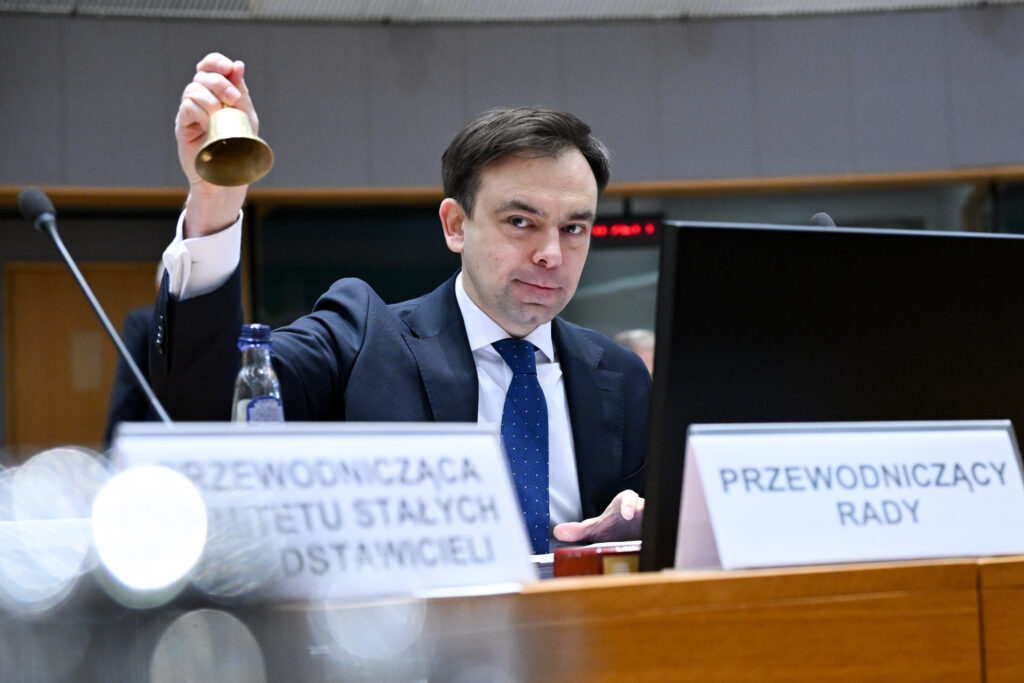Brussels -The EU has eliminated paper certificates for VAT payment exemption. It launched a tax reform that, starting in 2031, will see electronic documents replace those now required in physical format. The Ecofin Council approved the agreement on the proposed directive reached in inter-institutional talks in early December. It envisages a one-year transition period during which member states will continue to require paper files and PDFs. The timetable, therefore, provides that from July 1, there will be digital VAT exemption certificates alongside traditional ones, and from July 1, 2032, only digital documents.
“This will simplify and streamline the process for companies and administrations when these goods are imported for embassies, international organizations, or armed forces,” stresses Andrzej Domański, Poland’s Minister of Finance and rotating chair of the Ecofin Council.
The positive spin-offs for the armed forces as a result of the approval of the new VAT rules are not a casual emphasis at a time when the EU is thinking about how to revitalize its defense industry. The meeting of the economic ministers of the 27 member states is also an opportunity to take stock of the situation briefly. There seems to be a convergence toward a country-targeted use of the flexibility of budgetary rules, as proposed by the European Commission. The ministers of Hungary and Croatia see the activation of the escape clause with automatic suspension of the stability pact as a possibility to consider.

Even Elisabeth Svantesson, Sweden’s finance minister, is open to the idea. Given the situation, she explains, nothing can be ruled out, and this also applies to the concept of new common debt, an idea that Sweden does not like. Yet, even the Scandinavian country, traditionally a proponent of prudent spending, is beginning to think in new terms. Of course, Svantesson admits that the best thing to do is to review the priority of government spending, which means cutting elsewhere to favor the heavy industrial sector. That does not detract from the change of course.
“With the current Trump administration, the European Union should handle the security issue on its own,” in perfect autonomy, stresses Economy Commissioner Valdis Dombrovskis. This is the crux of the matter. While waiting for the Commission to devise proposals to block the pact’s rules in a targeted and controlled manner, there is also a VAT reform for the sector, which will benefit from it starting in 2031. These are the times of Europe.
English version by the Translation Service of Withub



